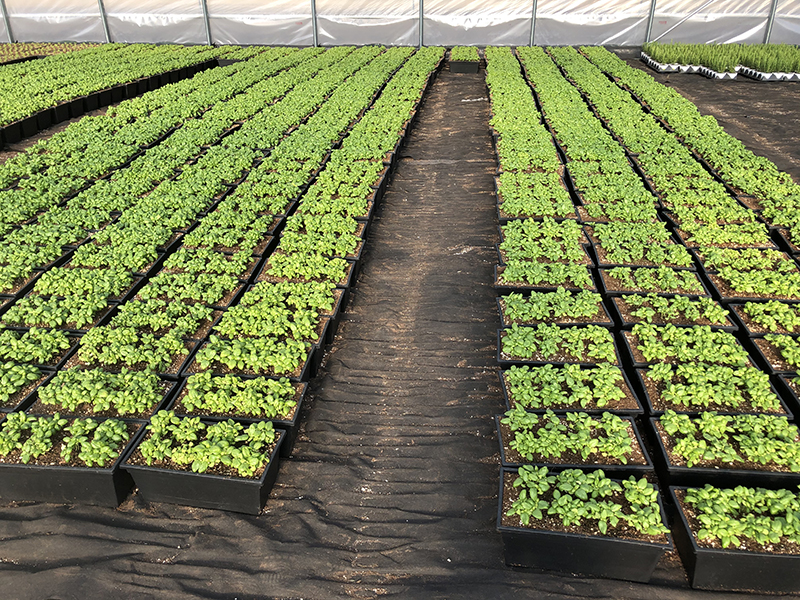Forcing The Dust To Settle
The real work of establishing a National Sustainable Agriculture Standard will begin this month, when a committee that will have voting power on the standards is seated by Leonardo Academy, a standards development organization hired to facilitate this two-year process.
The end goal is for the standards to be accredited by American National Standards Institute (ANSI) and be used by qualified third parties to create certification programs. These types of programs have become the vehicle of choice to substantiate social and environmental responsibility claims in the marketplace.
The process began a year ago when Scientific Certification Systems (SCS), which created VeriFlora in 2002, developed the Draft National Sustainable Agriculture Standard for Trial Use and submitted it to ANSI. While VeriFlora is focused on our industry, it is just one annex or category under the draft standard, which spans food, fiber, floral and energy crops.
As a voluntary program, VeriFlora wasn’t controversial in itself until it became the model for this proposed national standard and when Wal-Mart persuaded its grower vendors to get certified. We have since heard that Wal-Mart is taking a more neutral stance related to growers becoming certified.
Key industry organizations, including OFA, American Nursery & Landscape Association, Society of American Florists and Garden Centers of America, have been engaged in the process and orientation the last six months. They also will be working hard to secure seats on the voting standards committee and any working committees. Allied industry members have been the most active and we need more growers to get involved.
By April 11, Leonardo Academy will seat a standards committee of up to 40 members balanced between producers (growers), users (those who use the standards to purchase), environmentalists and general interest. With this committee spanning most of agriculture, there will be a lot of competition for these grower seats.
One reason a national standard is desired is so that each box store isn’t developing its own programs and requiring vendors to secure multiple certifications. It makes sense for growers to get certified once and have that certification support any sustainable brands that are created.
But at the same time, creating a standard forces the dust to settle on the marketplace of ideas before any competing certification programs really get to see the light of day. This was an important point of distinction OFA’s Executive Director John Holmes made at a recent industry forum.
If the program developed by SCS becomes the standard, SCS will benefit the most as a for-profit business. It’s a brilliant move for SCS to have the first-mover advantage.
Most programs are developed by the industries they serve. The well-established MPS program in Holland was developed by the growers and has served them well in monitoring and collectively reducing chemical use.
With the current ANSI initiative, we are in the position of trying to develop it to suit us retroactively and somewhat under duress. It’s more of a defensive move than a proactive one, but perhaps this is what it takes to bring the industry together.
We are fortunate that segments of our industry have been involved in developing VeriFlora. Imagine if we were another segment of agriculture trying to buy into this after the fact. Competing agricultural initiatives are springing up as a result. Let’s do all we can to make sure the standards that are developed truly work for us.









